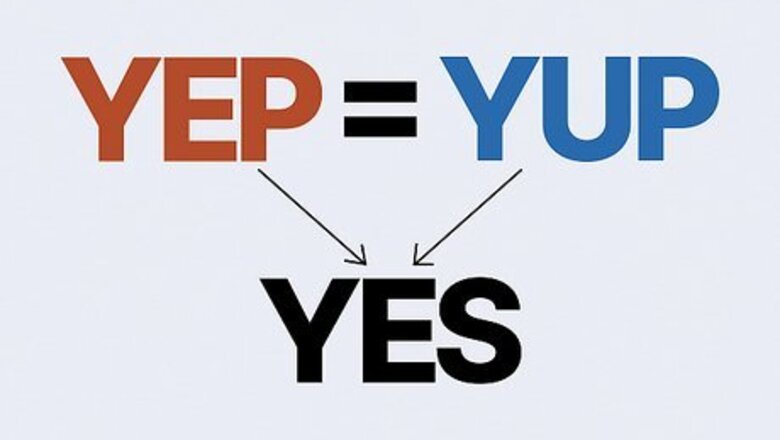
views
- “Yep” and “yup” are both variations of the word “yes,” and can be used to casually express agreement or answer a question affirmatively.
- “Yep” is sometimes considered more active and enthusiastic than “yup,” though it can also be dismissive if you don’t say anything else afterward.
- “Yup” has a more ironic undertone. It can be used to indicate disbelief or used sarcastically when you feel like your answer should be obvious.
Meaning of “Yep” vs “Yup”
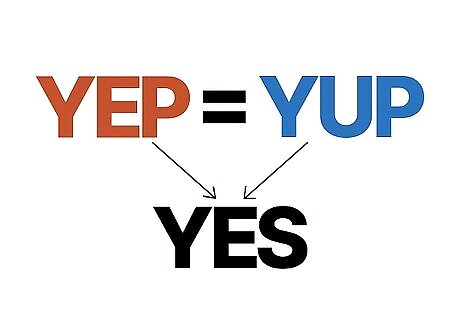
Yep and yup are both informal versions of the word “yes.” “Yep” is most often used as a casual way to answer yes-or-no questions. It’s especially useful if you want some variety instead of saying “yes,” to everything. Then, “yup” is defined as a variant of “yep,” so it’s simply an alternative way to say the same thing. For example: Them: “Are you coming to the party tonight?”You: “Yep, sure am!” Them: “Do you know what time the movie starts?”You: “Yup, it’s at 8 pm!”
Is there a difference between “yep” and “yup”?
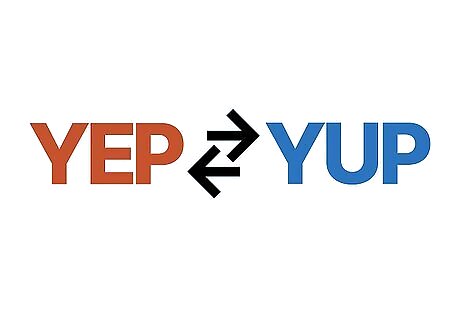
Generally, both words can be used interchangeably. Since they both mean “yes,” you can choose between “yep” or “yup” when you need to give someone a casual affirmation. While they can have slightly different undertones depending on the context, there’s nothing wrong with using either “yup” or “yep” to express a yes/no opinion. Them: “Do you think it’ll rain today?”You: “Yup, looks like it.” Them: “Should we get this for dinner?”You: “Yep, looks good!”

Yup can sometimes have an unenthusiastic or sarcastic tone to it. In certain contexts, you can use “yup” to indicate when you’re not happy with having to answer a question or are trying to be ironic. You might also say “yup” if you find it hard to believe what you’re saying—or, on the other hand, you feel like your answer should be obvious. Them: “Wait, does that really cost $500?”You: “Yup, sure does.” Them: “Will you come to the ceremony this week?”You: “Yup. I kind of have to, remember?” Them: “Did you get all your work done?”You: “Yup. It was super easy, actually.”
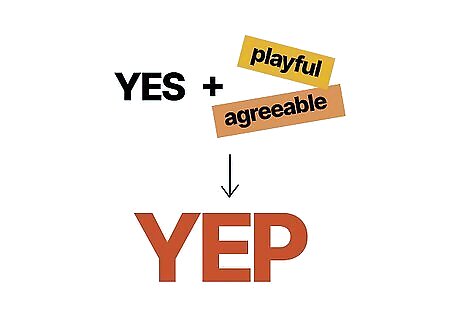
Yep often sounds more playful and agreeable. It usually indicates that you’re excited to be saying “yes” to something and feels more active than its counterpart, “yup” (although they’re still synonyms). However, “yep” is also less committal than words like “certainly” or “absolutely.” It means “yes,” but feels a little more casual and less set in stone. Them: “Want to grab sushi later?”You: “Yep!” Them: “Did you like the movie?”You: “Yep, I was a little surprised, but I had fun!” Them: “Will you get there on time?”You: “Yep, I’m working on it.”

Yep can also be used dismissively to end conversations. Although it’s technically the same length as “yes,” “yep” often feels more abrupt. So, if you use it without saying anything else, you can send the message that you’re done talking without coming out and saying so directly. Them: “You doing okay?”You: “Yep.” Them: “Still able to come out tonight?”You: “Yep!”
When to Use “Yep” or “Yup”
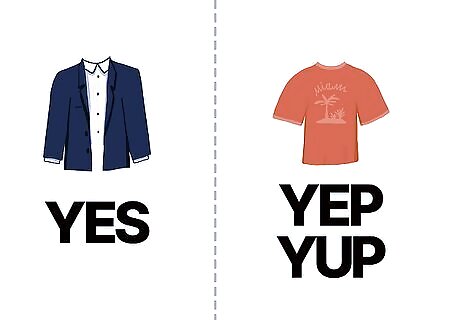
Both words are ideal for informal conversations and messages. Around friends and family, it’s perfectly acceptable to use “yep” and “yup” as often as you like. However, in formal settings (like the workplace), it’s usually much more appropriate to use “yes” instead of “yep” or “yup,” since “yes” is versatile and works in any setting, whereas “yes” and “yup” are strictly casual. For example, it might be inappropriate if your boss sends you an email asking if you can send them a particular document, and you reply, “Yup.” On the other hand, if your friend asks you if you can send them your notes from class, you can easily reply “Yep!” to them.
Synonyms of “Yep” and “Yup”
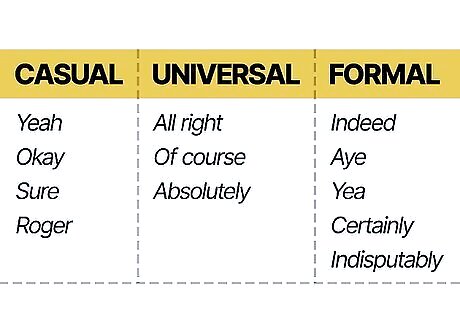
Use other words that mean “yes” for extra variety. There are plenty of ways to say “yes” to someone in any context, whether you need to be professional or formal, or you’re just expressing a casual thought. For example: Casual synonyms: Yeah. Can also be enthusiastic (“Yeah, I’m in!”) or reluctant (“Yeah, fine.”) Okay. Can also be used professionally, though its abbreviation (OK) is strictly casual. Sure. Can also be used to express confidence (“Yes, I’m sure!”) Roger. Considered a playful way to confirm something (“Roger that!”) Universal (formal or casual) synonyms: All right. Can be positive (“All right, let’s go!”) or negative (“All right, let’s get this over with.”) Of course. Considered more emphatic than “yep” or “yup.” Absolutely. Usually more enthusiastic and passionate than a regular “yes.” Formal synonyms: Indeed. Usually used formally or professionally (“Indeed, I’d be happy to help.”) Aye. Often associated with military speech (“Aye aye, sir!”) or an affirmative vote. Yea. Also associated with voting (“Do you vote ‘yea’ or ‘nay’?”) Certainly. Expresses absolute conviction (“I certainly won’t forget this adventure!”) Indisputably. Indicates certainty beyond doubt (“This is indisputably the best recipe ever!”)
Which term is more popular?
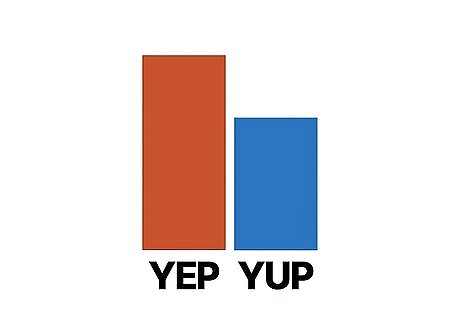
“Yep” is typically more popular than “Yup.” You’ll probably see “yep” in messages (or used in everyday speech) more often than “yup,” since “yup” is technically a variation of the first word. Due to the spelling difference, native speakers tend to use “yep,” although “yup” is still common enough that you can use it and expect it to be understood.















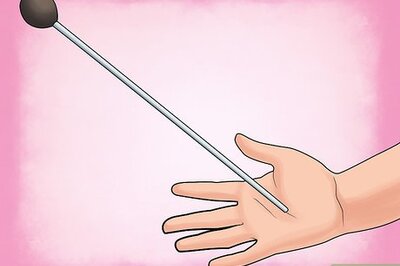


Comments
0 comment